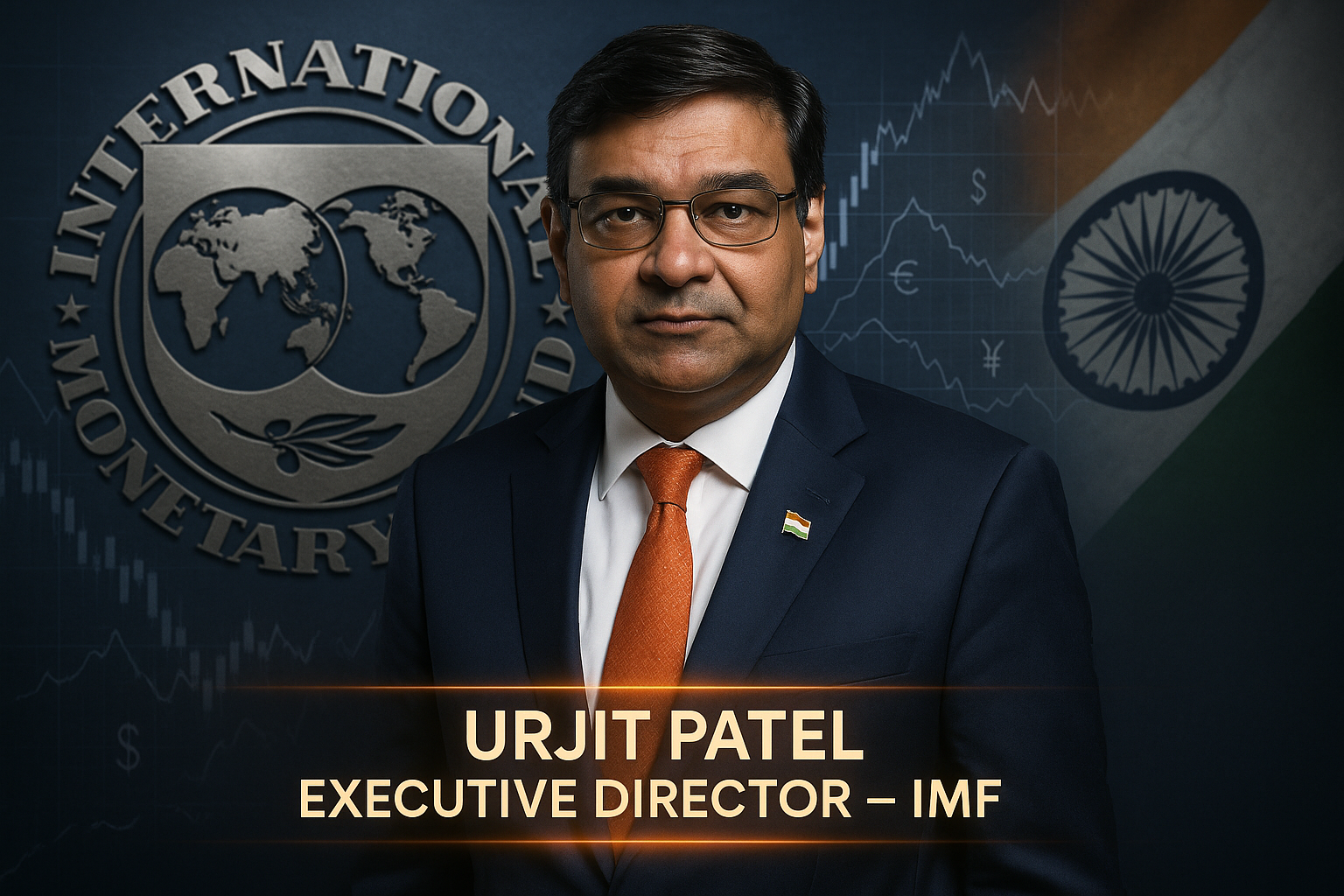The Government of India has appointed former Reserve Bank of India (RBI) Governor Urjit Patel as India’s Executive Director (ED) at the International Monetary Fund (IMF). His appointment comes at a crucial time when India is seeking to expand its influence in global financial institutions and strengthen its voice on issues such as emerging market stability, global debt sustainability, and monetary policy frameworks.
Patel’s deep expertise in central banking and international economics is expected to enhance India’s role in shaping IMF discussions and policies.
Urjit Patel’s Background
Urjit Patel served as the 24th Governor of the Reserve Bank of India between 2016 and 2018, during which he played a pivotal role in monetary policy reforms, inflation targeting, and banking sector regulation. He also oversaw the initial phases of India’s landmark Insolvency and Bankruptcy Code (IBC) implementation and was instrumental in steering the RBI through challenges like demonetisation.
Before becoming RBI Governor, Patel held senior positions at the IMF itself, making his return to the institution both significant and symbolic.
The Role of Executive Director at IMF
As India’s ED at the IMF, Patel will represent India and other countries in his constituency, influencing decisions on global monetary policy, lending frameworks, and structural reforms. His role involves:
Advocating for emerging market concerns in global financial debates.
Strengthening India’s case for greater representation in IMF governance.
Contributing to policies that ensure financial stability and growth for developing nations.
Strategic Significance for India
Patel’s appointment strengthens India’s positioning in global economic governance. With global financial volatility, climate finance needs, and debt sustainability challenges looming large, his expertise can help ensure that emerging economies like India have a stronger voice.
This aligns with India’s broader ambition of gaining greater weight in institutions such as the IMF and World Bank, complementing its growing global economic footprint.
Why This Matters
For India: Enhances India’s representation and influence in IMF policymaking.
For IMF: Adds deep expertise in monetary policy and emerging market economics.
For Global Finance: Reflects the increasing importance of emerging economies in global governance.
Patel’s appointment is not just an individual milestone but also a strategic win for India’s long-term global financial diplomacy.












